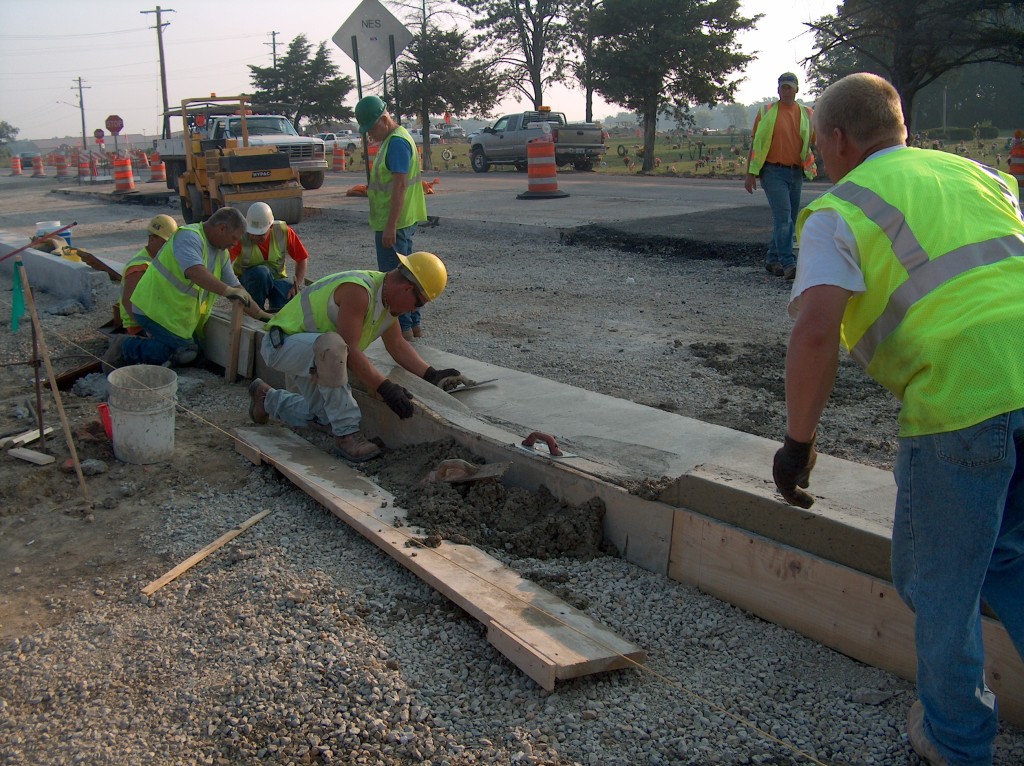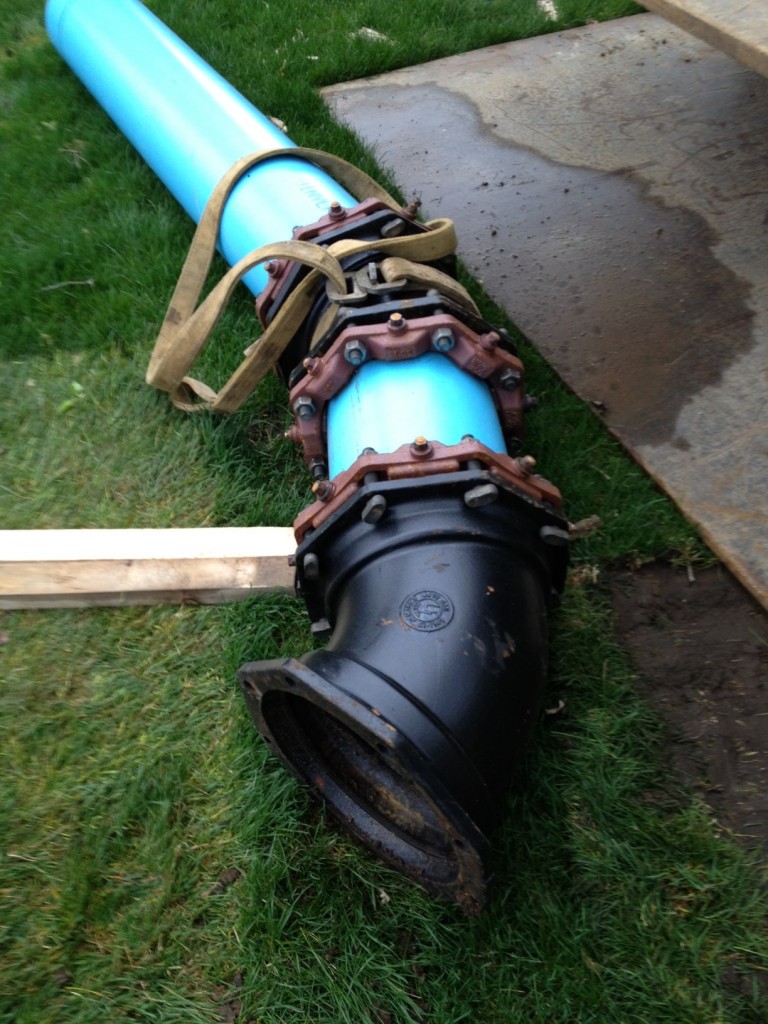 What I've come to realize over the course of my career is that there are some male contractors who will accuse engineers/inspectors who are women of using the F-word in an effort to discredit them or get them into trouble. And I think the recent reaction to the use of this word by a U.S. diplomat (Top U.S. Diplomat Launches f-bomb on EU in leaked recorded conversation) is a good example of how effective this accusation can be.
What I've come to realize over the course of my career is that there are some male contractors who will accuse engineers/inspectors who are women of using the F-word in an effort to discredit them or get them into trouble. And I think the recent reaction to the use of this word by a U.S. diplomat (Top U.S. Diplomat Launches f-bomb on EU in leaked recorded conversation) is a good example of how effective this accusation can be.
Also what I've discovered is that contractors will use this tactic whether the word is actually said or not. The reason I know this is true is that I never say the F-word. Actually I did use it for a short time when I was probably 14 years old until I realized, at least for me, it did not add to the conversation, and I did say it once on the job in 1993 after spending a whole year being harrassed by a contractor in every manner possible including having them regularly exposing themselves to me and having the equipment operator regularly swing the arm of the exavator at me in an effort to intimidate me and get me to back down on my responsibility. So on the first day when they showed up for the next year, I told the main perpetrator in front of everyone I would not stand for the same treatment, and on that day I did use that word. Of course they complained to my supervisor. Fortunately he backed me up – probably because he was aware of how I had been treated, and I had no problems at all that year. But even though, except for that one time, I have never said it over the course of my career, I've had several contractors complain to my supervisors that I had. Fortunately almost all of my past supervisors knew me well enough to know it is a word I absolutely never say. They had seen me in every sort of situation and knew for a fact it was just not the manner in which I respond to things. So when a contractor tried to tell them I had said the F-word, they might as well have been saying, "I'm a big liar who is making up a story in an effort to get someone in trouble so you won't believe her anymore and I can tell you more lies to convince you to pay me for something she is telling you I did wrong and shouldn't be paid for." Unfortunately I did have one supervisor with little to no construction experience who seemed to fall hook, line, and sinker for this. And this is why contractors use this tactic – it sometimes works.
I guess I never really thought too much about why it works until I saw what happened with that diplomat. Now I'm thinking it works because our society appears to view the use of the word with a double standard – it is ok and expected to have men say it, but not women. At least I know this is the case on construction. Over 30 years of working on the jobsite, I heard it all, including the F-word, on a very regular basis. Some days I would hear it said so much, the word just faded into the background with all the others. And I never heard anyone on the construction site say, "excuse me, I find the use of that word offensive and would appreciate it if you never used it out here again." Absolutely no one ever appeared to be bothered by its use (including myself) nor did they ever even draw attention to it – they just seemed to take it for granted that people said it. So if men can regularly say the word and other men never are bothered by it, I am wondering why we have this double standard that penalizes a woman for saying it? And it appears the exposure of a woman saying it will cause such a negative reaction that contractors have figured out that even lying about a woman saying it with no proof at all is enough to cause major problems for that woman – at least if her supervisor is the type to fall for this kind of thing.
I think the key point to realize in all this is that the contractors who are complaining about a woman who says the F-word are not truly offended by the expression – after all their crews are using the word regularly on the jobsite. It's that these men are deliberately calling out a woman out for saying it (or making it up that she did) while they would not think to expose or accuse a man of saying it. Which makes me wonder about the diplomat's situation. I think if she had been a man and this had happened I think the public would have still thought of it in a negative manner. Whether the diplomat is a man or woman, it was not a diplomatic thing to say. But she is most likely not the only person – male or female -in that type of position who is using that word. So even with her it is the same issue – no one is thinking to expose a man who says it – it is only considered as a tactic when women are the target.
Unfortunately it has taken me years to figure all this out. Initially I had thought contractors were just assuming I said it because a lot of people do and adding that complaint to their overall objection to me requiring them to perform the work they were hired to do. But after the last time I had something like this happen, I finally realized contractors who do this were actually purposely lying as a strategy to get me in trouble or discredit me. Because my new job does not require me to be out on construction, I had thought perhaps I didn't need to worry about it anymore. After all, I had not ever read about or heard of any group outside of contractors doing this. But after seeing what happened with this diplomat, I am wondering if it is a pervasive tactic used by anyone in any field who might see an opportunity to benefit from it.
Fortunately there aren't a lot of contractors who resort to this tactic. But as long as this double standard is in place, I'm left wondering how we, as women, can best protect ourselves from being the target of this. As someone who does not say the word at all, my experience shows that just not saying it isn't the answer.


